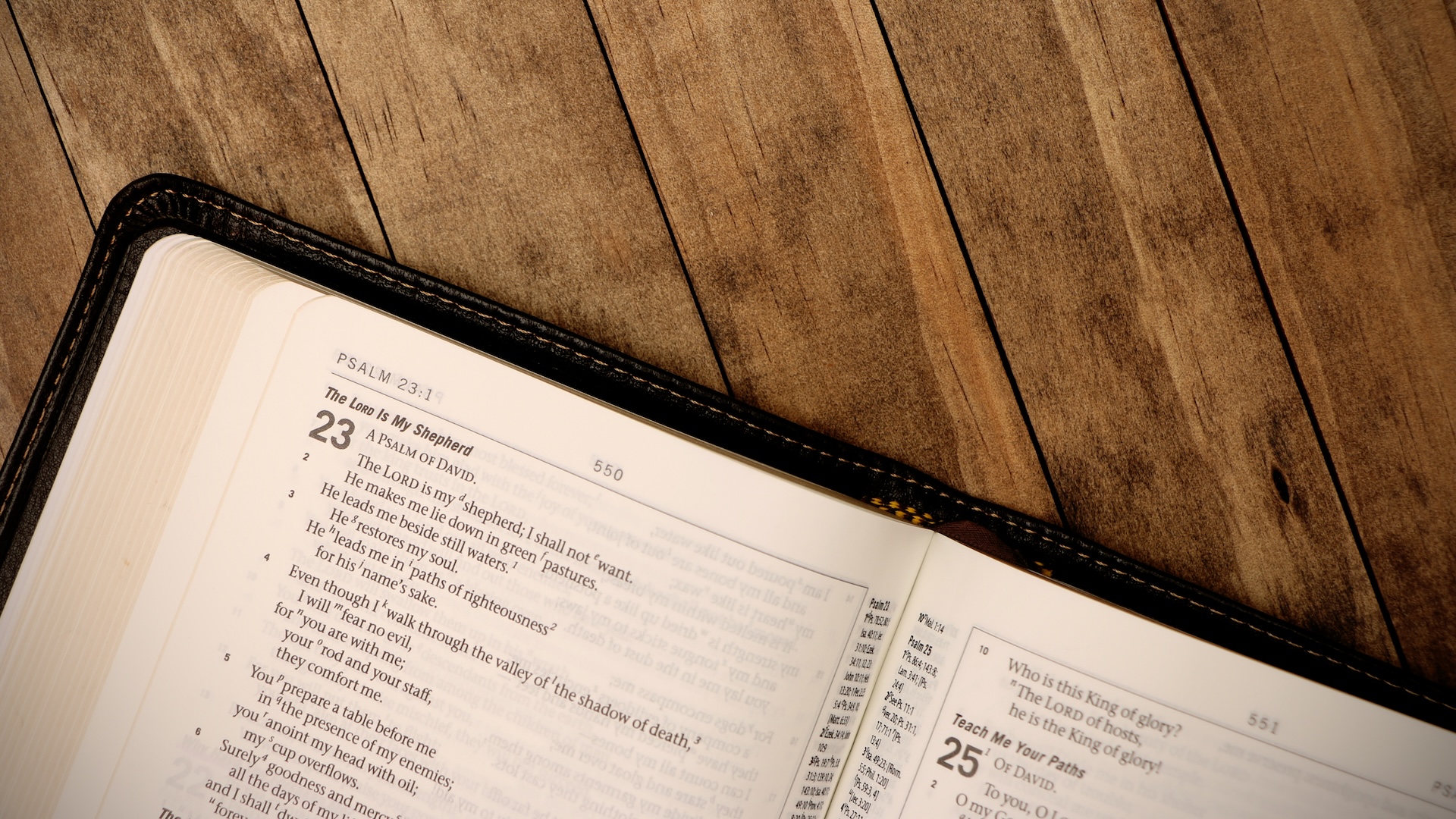As Christians, we are unapologetic about this fact: Everything hinges on the Bible. All we believe, all we proclaim, all we do, all we hope for—it all depends on Scripture. If the Bible is not true, our faith is not true. If the Bible is not reliable, our faith is not reliable. If the Bible is not trustworthy, we are most to be pitied.
Little wonder, then, that the trustworthiness of Scripture is an area of constant attack and one that has generated its own category of literature. To undermine the Bible is to undermine the faith and to undermine the faith is to discourage those who hold to it. However, if the Bible can be proven to be trustworthy, then Christians can have great confidence in their Book, in their Faith, in their Savior, and in their Hope.
The trustworthiness of Scripture has been an especially important area of study to Benjamin Shaw. Shaw is an adjunct professor of theology at Liberty University and an affiliate faculty member of Colorado Christian University. Perhaps more to the point of his area of interest, he has spent more than a decade working closely with Dr. Gary Habermas who has authored or co-authored many works of apologetics. In Trustworthy: Thirteen Arguments for the Reliability of the New Testament, Shaw proves himself to be deeply indebted to Habermas and his methods and does so in a concise and reader-friendly format.
This book, he says, “is for people who want to dig deeper into the New Testament and issues regarding its reliability, whether as a disciple or as a doubter.” He goes on to say that “what I hope to accomplish … is to introduce thirteen different arguments that each point toward the reliability of the New Testament. I will be presenting these arguments as though it were the reader’s first time coming into contact with them. Hopefully, this will help the reader understand the different levels and angles at which the New Testament is trustworthy as well as give a new appreciation of the NT when reading it. Moreover, although there will always be debates—and some debates are better than others—I will try to give general arguments and conclusions in each chapter that are well-attested.”
He compares his strategy to looking at a map. He begins zoomed out with the broadest arguments. Then, as he progresses, he narrows his focus until he is zoomed in on the finer details. He begins with matters that can be established with initial confidence, then focuses more tightly on specific events and particulars. It is a helpful way of going about the task.
In the initial chapters, then, he looks at New Testament textual evidence and asks “Does our modern New Testament contain the words that were originally written? How can we know?” Next, he looks at New Testament genres and audience expectations to ask whether ancient readers were expected to understand the New Testament as historical or fanciful. He considers the dating and authorship of the various books, the earliest creedal traditions, and the criteria that can convince historians whether certain events actually took place.
As the book heads toward its final chapters, he considers whether non-canonical sources support or contradict Scripture’s claims along with the matter of canonicity. He closes with Habermas’ “minimal facts approach” which asks “Can the events central to the gospel message be confirmed even if the New Testament is unreliable in some areas? Are there historical facts related to Jesus’ death and resurrection that scholars from wide-ranging theological backgrounds agree on due to their being highly evidenced? If so, this would indicate that other arguments, such as the dozen above, have greater viability.”
In the end, Shaw offers 13 very good arguments for the reliability of the New Testament. And while each one is compelling in its own way, the impact of 13 following one after the other is tremendously encouraging and faith-building. For those who may be wondering, those who may be wavering, or even those who may be doubting, Trustworthy makes a strong case for the reliability of the New Testament.










